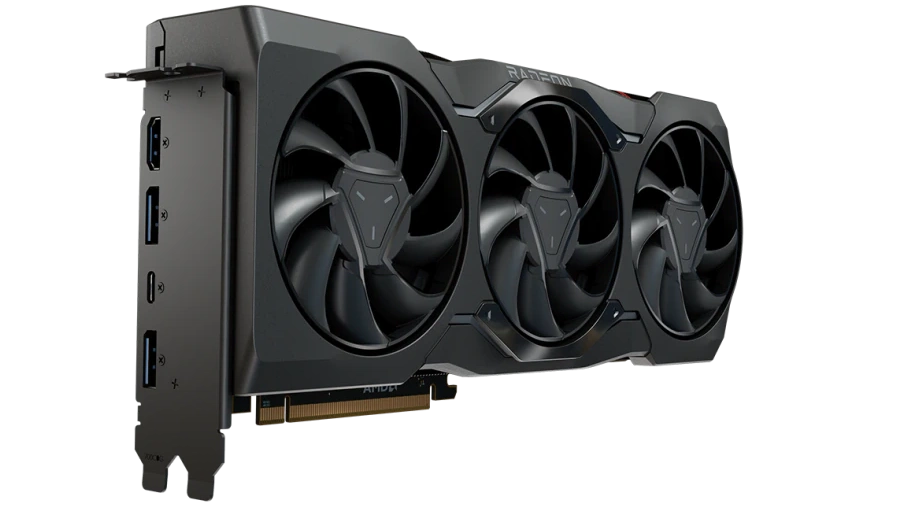Latest leaks suggest that the next-gen graphics cards from AMD, the Radeon RX 8000 will use slower GDDR6 VRAM. Rather than the latest and faster GDDR7 memory.
In August 2023, we reported how AMD is all likely to release the Radeon RX 8000 graphics cards series without any flagship graphics card.
The RX 8000 series is all set to have just two GPUs. The Navi 43 and the Navi 44. This means that the series is all set to target the mid-range of graphics cards, not flagship ones like the RX 7900 XTX or even RX 8900 XTX.
It’s not the first time AMD has done so. It has done something similar in the AMD Radeon RX 5000 and Radeon 400 series before.
However, those who thought that AMD is going to pair the RX 8000 with faster VRAM, are going to be disappointed.
GDDR6 On RX 8000
Well known Twitter (now X) based leaker @Kepler_L2 has revealed (via Club386 and VideoCardz) that all the graphics cards using the next-gen RDNA 4 based AMD GPUs will come with just 18Gbps of VRAM.
To those unaware, 18Gbps is commonly found in GDDR6 graphics memory. GDDR7, which was announced officially about a month ago, starts from 28Gbps.
The top Nvidia RTX 4000 graphics cards like the GeForce RTX 4090 and others come with GDDR6X memory clocked at 21Gbps.
Not A Surprising Move
The AMD RX 8000 coming with just 18Gbps might disappoint many. However, unlike others, we aren’t surprised.
First, as it’s rumored, the AMD Radeon RX 8000 series will not have a flagship graphics card. So why would AMD put newly released and expensive GDDR7 VRAM in it.
Second, AMD’s RX 8000 series will come earlier than the Nvidia RTX 5000 graphics cards, which were earlier stated to release next year. Though the latest rumors suggest that the RTX 5090 and the RTX 5080 will release earlier than expected, possibly later this year itself. So AMD might not have enough GDDR7 chips with them.
Third, it’s rumored that the Nvidia RTX 5000 graphics cards are going to rival both AMD Radeon RX 8000 series and AMD Radeon RX 9000 series. So it’s very much likely that AMD will use the GDDR7 VRAM in RX 9000 instead.
So this move by AMD shouldn’t be seen as a surprise. It was, in fact, quite expected move. What should be interesting, however, is how exactly the RX 8000 series performs and what it’s going to be priced at.



3175x175(CURRENT).thumb.jpg.b05acc060982b36f5891ba728e6d953c.jpg)
Recommended Comments
There are no comments to display.
Join the conversation
You can post now and register later. If you have an account, sign in now to post with your account.
Note: Your post will require moderator approval before it will be visible.